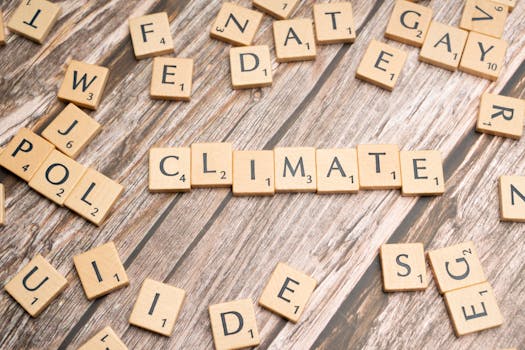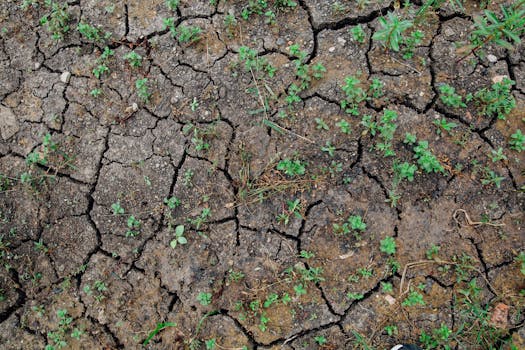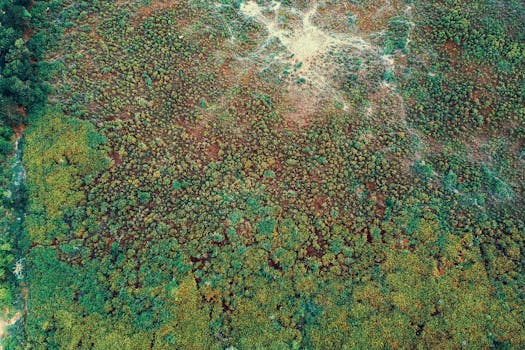
The Impact of Climate Change on Climate Change and Global Ecosystems
Climate change is one of the most pressing issues of our time, with far-reaching consequences for the health of our planet. The impact of climate change on global ecosystems is a complex and multifaceted issue, with effects ranging from rising temperatures to changing precipitation patterns. In this article, we will explore the ways in which climate change is affecting global ecosystems and what we can do to mitigate its effects.
What is Climate Change?

Climate change refers to the long-term warming of the planet due to an increase in average global temperatures. This warming is primarily caused by the increasing levels of greenhouse gases in the Earth’s atmosphere, such as carbon dioxide and methane. These gases trap heat from the sun, preventing it from being released back into space, and leading to a rise in global temperatures.
Impact of Climate Change on Global Ecosystems

The impact of climate change on global ecosystems is widespread and varied. Some of the most significant effects include:
- Rising sea levels, which are causing coastal erosion and flooding
- Changes in precipitation patterns, leading to droughts and floods
- Increased frequency and severity of heatwaves and other extreme weather events
- Loss of biodiversity, as plants and animals are unable to adapt to changing conditions
- Disruption of food systems, including decreased crop yields and changed growing seasons
Consequences for Human Health

The impact of climate change on global ecosystems also has significant consequences for human health. Some of the most significant effects include:
- Increased spread of disease, as changing temperatures and precipitation patterns allow disease-carrying insects to thrive
- Increased risk of heat-related illnesses, particularly for vulnerable populations such as the elderly and young children
- Decreased air and water quality, leading to respiratory problems and other health issues
- Increased risk of food and water scarcity, leading to malnutrition and other health problems
What Can We Do to Mitigate the Effects of Climate Change?

There are many steps that we can take to mitigate the effects of climate change on global ecosystems. Some of the most significant include:
- Reducing our reliance on fossil fuels and transitioning to renewable energy sources
- Increasing energy efficiency and reducing waste
- Protecting and restoring natural ecosystems, such as forests and wetlands
- Implementing sustainable agriculture practices, such as permaculture and regenerative agriculture
- Supporting climate change research and development, including the development of new technologies and strategies for reducing greenhouse gas emissions
Conclusion

In conclusion, the impact of climate change on global ecosystems is a complex and multifaceted issue, with far-reaching consequences for the health of our planet. By understanding the causes and effects of climate change, and by taking steps to mitigate its effects, we can help to protect the health and resilience of global ecosystems and ensure a sustainable future for generations to come.



